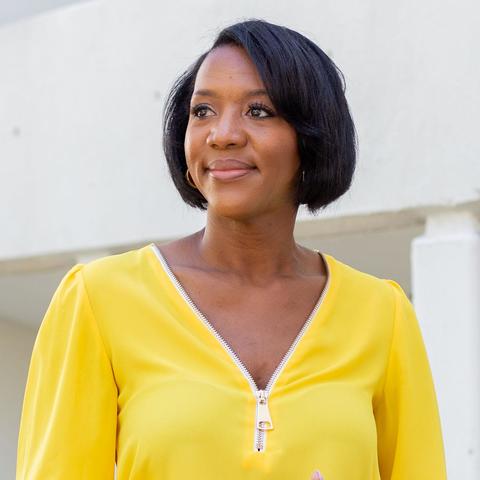Section Branding
Header Content
'The Only Doctor' in a rural Georgia town cares for many with her own resources
Primary Content
Not everyone in Georgia can go to the doctor. That is the case for many residents in Fort Gaines, a town of about 3,000 people, where 40% of residents there live below the poverty line.
Dr. Karen Kinsell is the only physician in town.
How did that happen? And what is it like being the only doctor? Filmmaker Matthew Hashiguchi has taken a closer look at Kinsell’s experience. His new documentary is titled The Only Doctor. GPB’s Leah Fleming speaks with Hashiguchi about Dr. Kinsell.
TRANSCRIPT
Matthew Hashiguchi: She is a full-time volunteer. She is working full time without getting paid. And there are times when she has had to pay the bills out of her own pocket. And I think that's something that really, really sets her apart from others. She thinks everyone should be able to receive medical care and should be able to live a healthy lifestyle. And Mercer University kind of comes into the story a bit. And I think what we see in the story is that there's kind of a competing ideology when it comes to health care. Mercer is setting up rural hospitals throughout the state of Georgia. And they're doing wonderful things, but they're really set up to treat people that have insurance and can pay for health care. Whereas Dr. Kinsell sees people that can't — can't afford it. What I really admire about Dr. Kinsell is her morals and her belief in serving and doing whatever is right for the patient, the person.
Leah Fleming: So what is happening in Clay County these days? Certainly, Dr. Kinsell is getting near retirement age and she's the only one. I mean, are there any efforts to get another doctor in there?
Matthew Hashiguchi: Yes. And I don't really want to give away the conclusion of the film, but there — when I was filming, Mercer University had approached her to sort of take over her clinic and her practice would then become part of Mercer University's rural clinic, and she would then work for them. So that's sort of a development that occurred while we were filming, and we followed that storyline. And I don't want to give away what happens, but there's sort of a competing interest that comes in to play who has sway over who receives health care and what type of health care is able to exist in a place like Clay County.
Leah Fleming: So you have certainly done your share of documentary work. You've even looked into your own life personally. And I'm wondering if you could talk a little bit about the power of documentary work.
Matthew Hashiguchi: There is a big push to create documentaries that sort of provide answers, solution-based documentary filmmaking, and I think that's important to do. I think with my documentaries, I don't pretend to know the answer to the problem. And I think with a problem like health care, there really is no one clear solution to this. And if someone had the answer to this, I think that more problems would be solved. But there's competing political interests and ideological differences in how you sort of fix this. My goal is to understand people's lives. And with this film, I really wanted to understand what it is like trying to not only provide health care but obtain health care when you don't have access to it. I mean, it really comes down to the American dream, you know, like is health care and living a healthy life part of the American dream? And is everyone able to obtain that?
Leah Fleming: Matthew Hashiguchi is a documentary filmmaker and educator. His latest work is called The Only Doctor.


